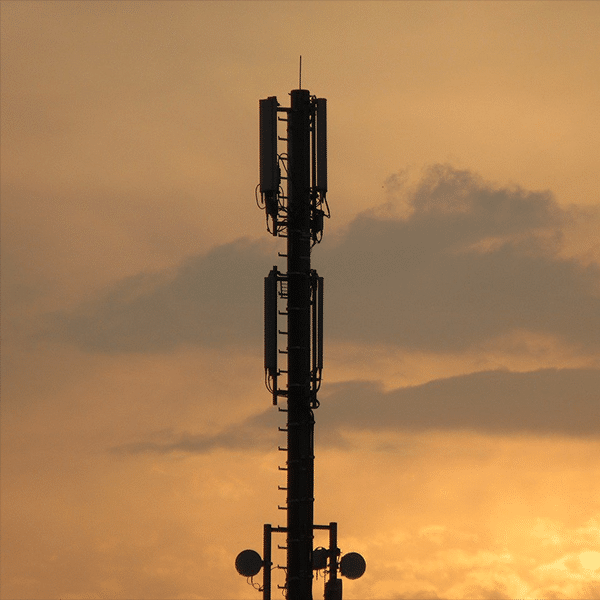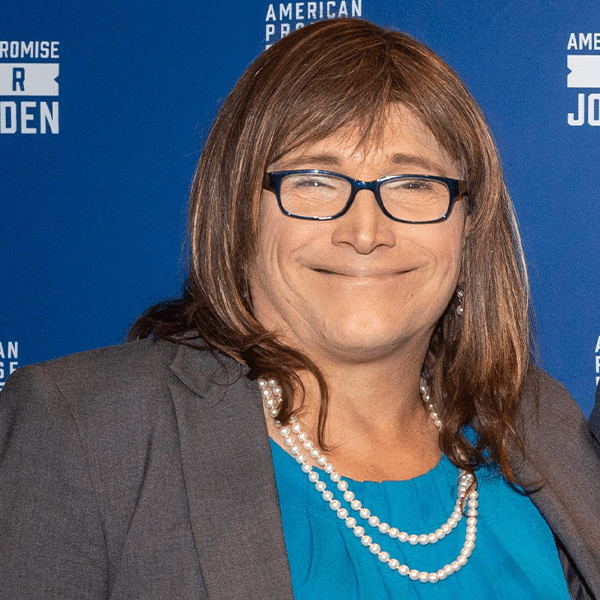In the world of broadband, fiber providers and fixed wireless access (FWA) providers tend to be at odds. But Karsten Gewecke, president of Zyxel Communications, believes it doesn’t need to be that way.
Telecompetitor interviewed Gewecke at this week’s Fiber Connect 2025 conference. Gewecke, who is from Denmark, pointed to his experience with European markets as proof positive that fiber and FWA should go hand-in-hand. Gewecke noted that providers in Norway were quick to adopt 5G FWA technology to provide connectivity as the fiber infrastructure was being developed.
“In the beginning, 5G was seen as kind of an interim solution,” he said. But, around three years ago, mobile carriers entered the market offering fixed wireless through their existing networks.
Gewecke doesn’t see fiber and FWA as competing: “For [Zyxel], it’s really just another access technology,” he said.
Internet is merely a commodity that can be provided by various means: “Why have two different business units? It’s a convergence between fixed wireless access and fiber access,” he said.
Gewecke recognizes that the two technologies have different strengths: fiber offers speeds likely to satisfy consumers’ needs for 10 years or more, while FWA offers a simpler in-home setup. But the speeds fixed wireless can ensure are advancing quickly.
“5G is evolving extremely fast,” he said. “We are already into the sixth to seventh generation of 5G devices in just three or four years.” He also noted that Wi-Fi 7 adoption has been faster with fixed wireless than with fiber.
But Gewecke’s broadband delivery agnosticism has its limits.
When asked about satellite broadband, Gewecke expressed his concern that the technology “cannot serve wide-scale deployment.”
“It could be a niche application somewhere where there isn’t coverage, and the sky’s always there,” he said. Ultimately, though, Gewecke believes satellite broadband won’t be a major player in the market.
The future, he said, will be built around a combination of fiber and fixed wireless.

